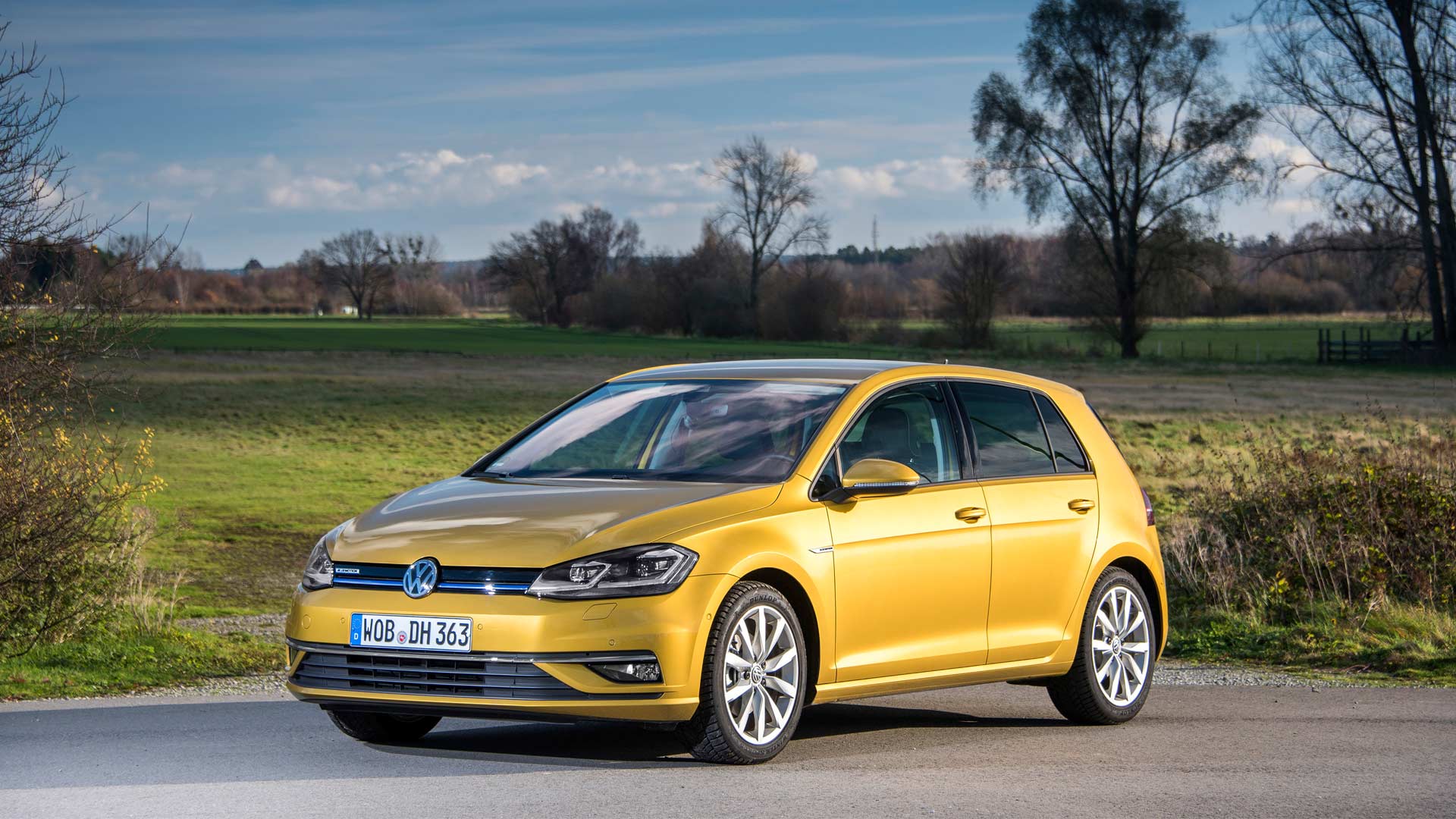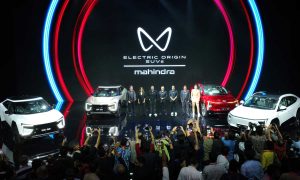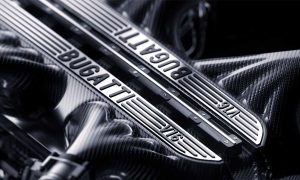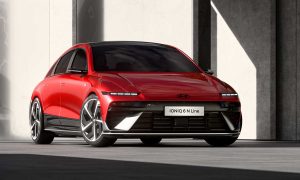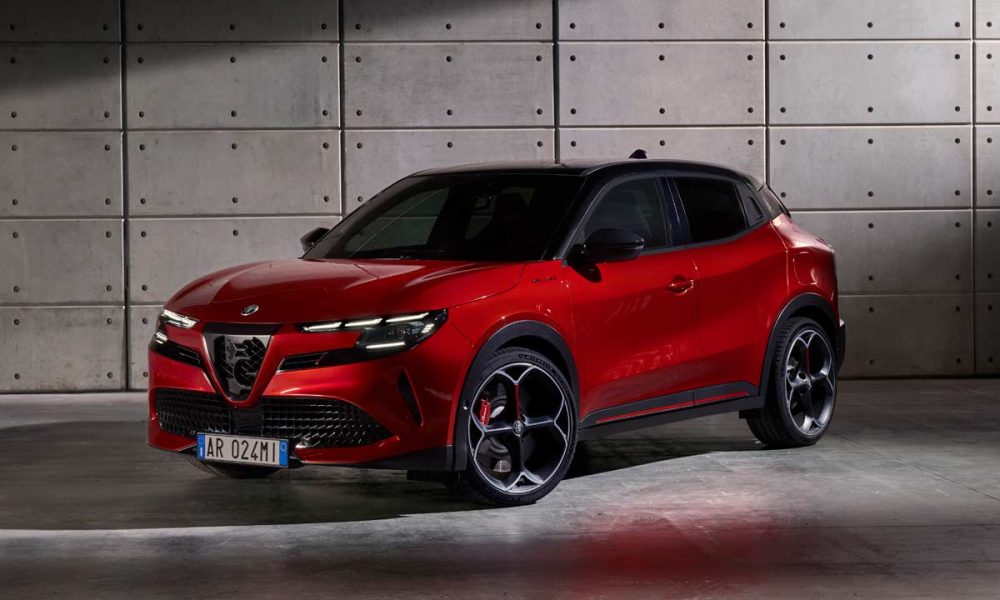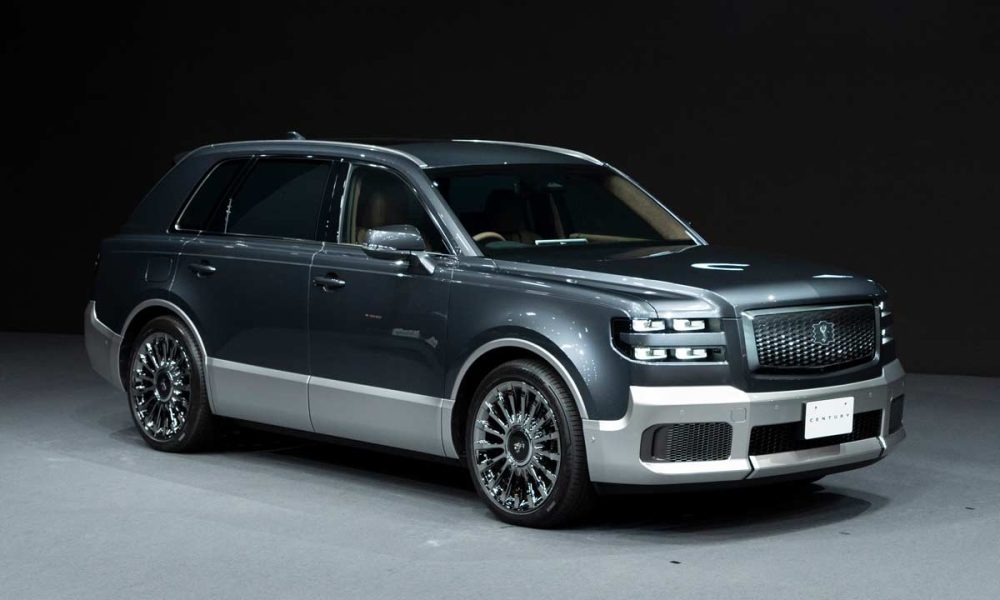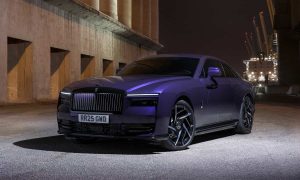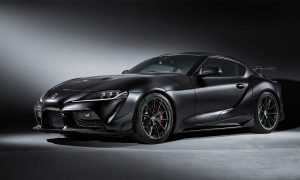Volkswagen has introduced a new 1.5 TSI ‘BlueMotion’ petrol engine for the Golf, which the company claims to be as efficient as a diesel engine.
The new 130 PS 1.5-lire 4-cylinder unit uses turbocharger with variable turbine geometry (VTG), and runs on Miller combustion process.
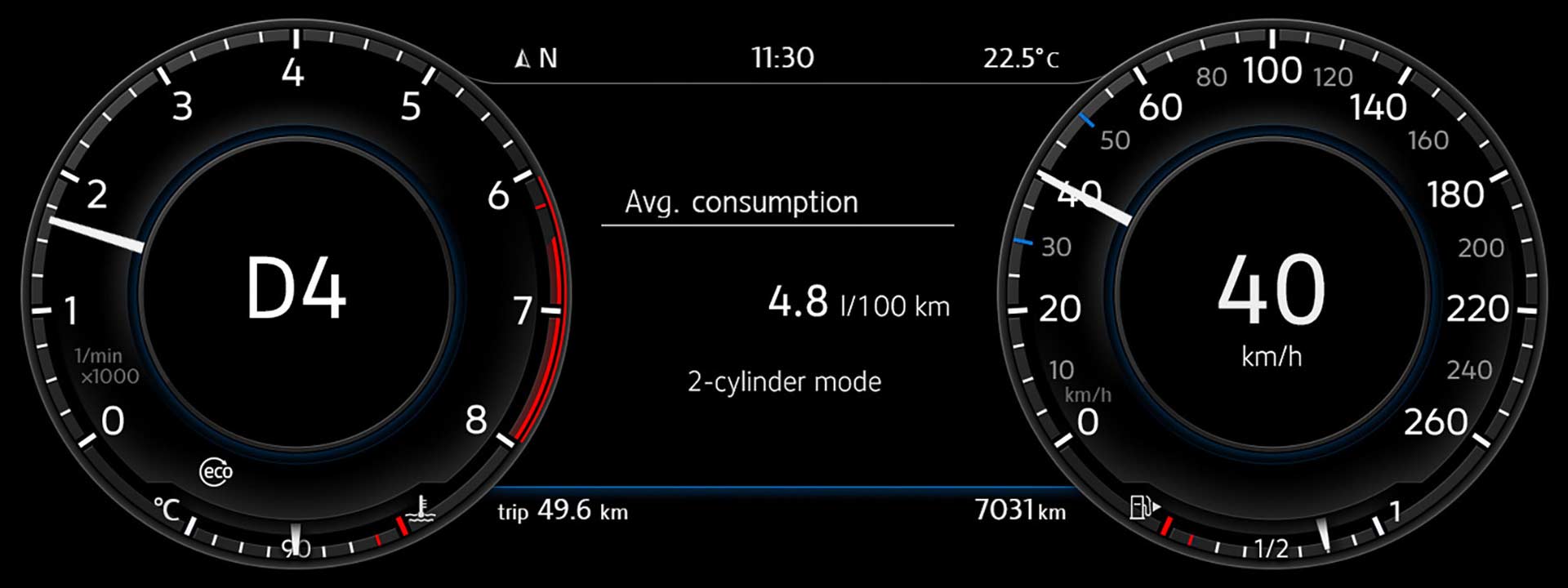
The engine has Active Cylinder Management or ACT for short, which deactivates the two inner cylinders when the power demand is low. The deactivation function operates within an engine speed range of 1,400 to 4,000 rpm and at vehicle speeds up to 130 km/h. The driver is made aware of the changeover from four to two-cylinder operation by the “2‑cylinder mode” notification in the instrument display.
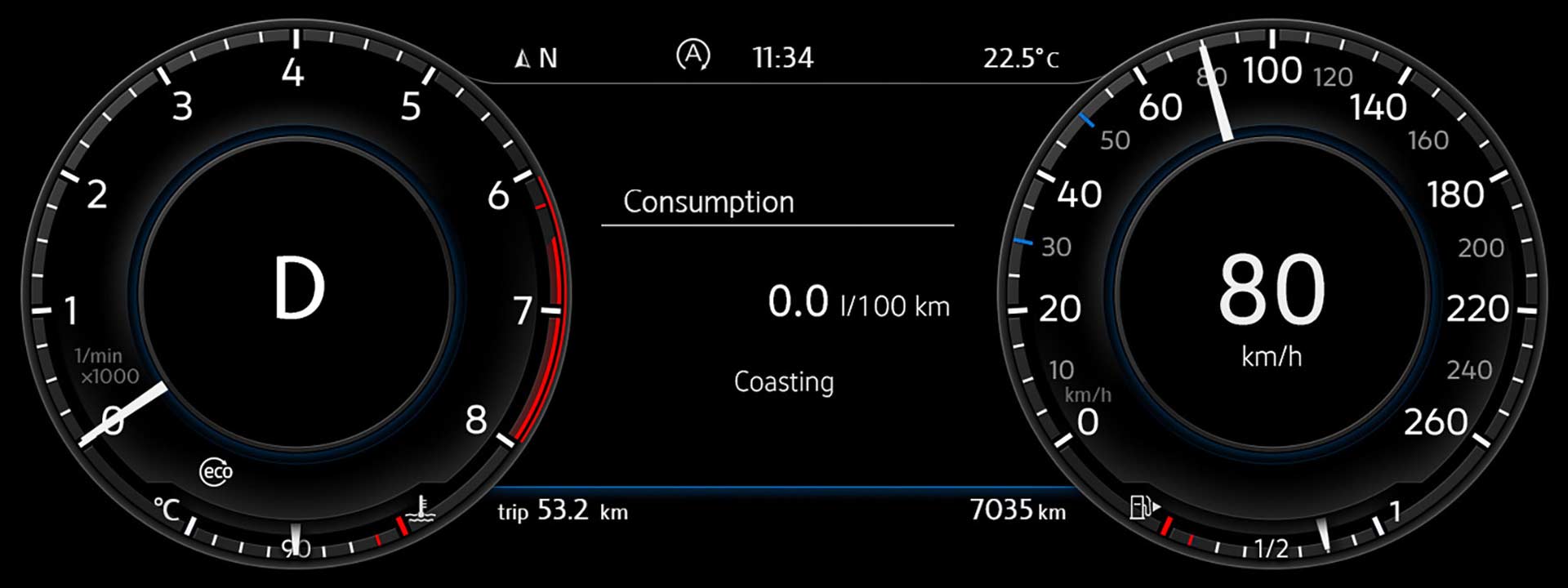
There is also the ‘Eco-Coasting’ mode which activates as soon as the driver lets go of the accelerator pedal. The engine management system switches off the TSI completely and decouples it from the drivetrain by disengaging the clutch. In this phase, the engine no longer needs to be “dragged along”. When “coasting”, the Golf repeatedly switches over to a zero-emissions mode for brief periods of time. In practice, the temporary engine shut-off reduces fuel consumption by up to 0.4 l/100 km, VW said. The micro-hybrid system utilizes the 12-volt electrical system and a compact lithium-ion battery to supply all relevant systems in the car with energy during the phases when the engine is inactive.
The above technologies in combination with the aforementioned Miller Cycle leads to an improvement in efficiency of up to 10 per cent. Compared with other petrol engines, the inlet valves of the new 1.5 engine are open for a shorter time. And this is the critical difference, because the inlet valves get closed during the intake stroke at a time when the piston still has a little way to travel and is moving further downward. This leads to a reduction in throttling losses under partial load, the company said.
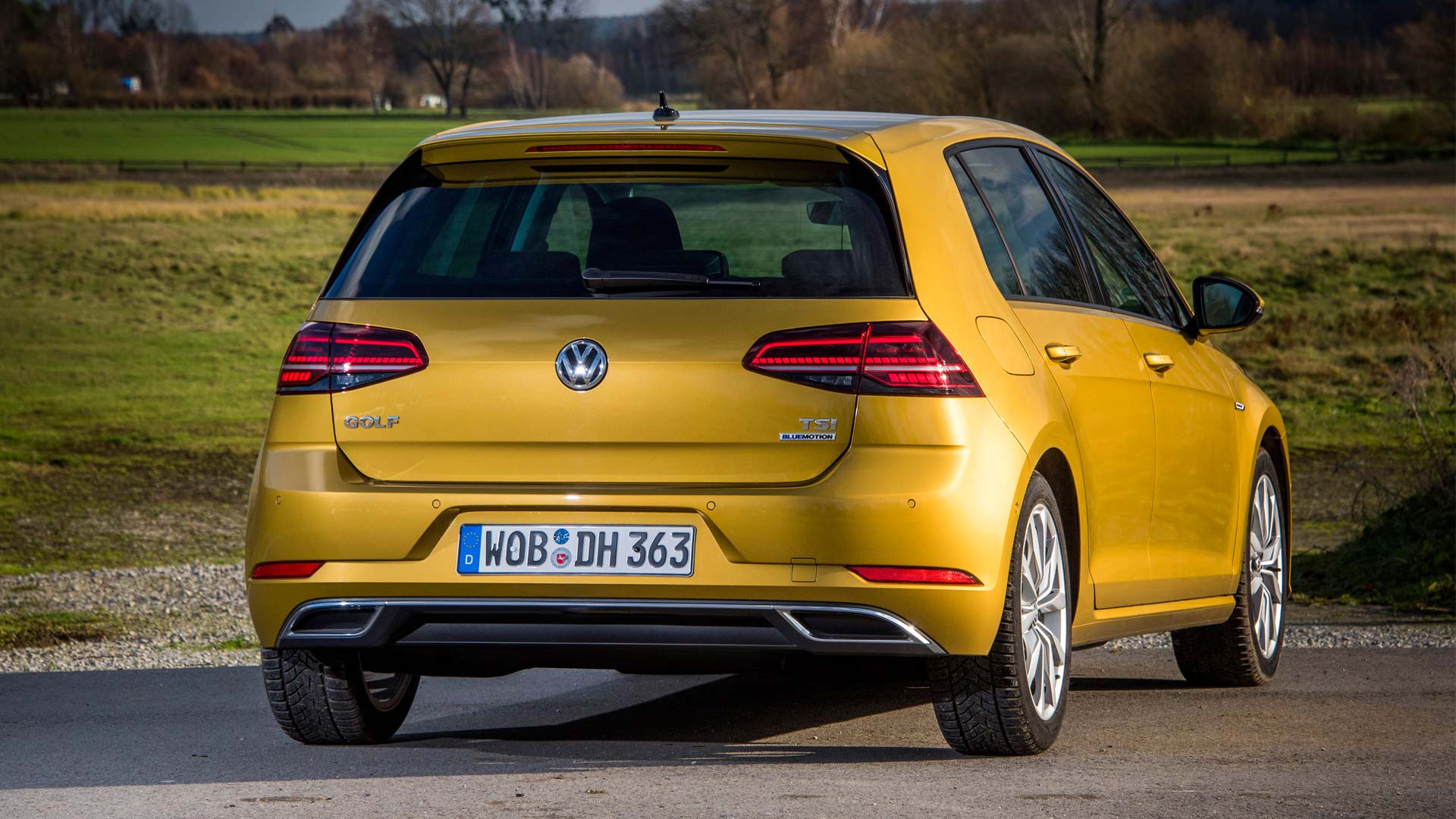
The combined fuel consumption official figures of a Golf 1.5 TSI ACT BlueMotion is just 4.8 l/100 km. The NEDC extra-urban figure drops to 4.0 l/100 km/h (DSG: 4.1 l/100 km). As expected, the new engine will also be available for other Volkswagen models.

Leave a Reply
Note: Comments that are unrelated to the post above get automatically filtered into the trash bin.
